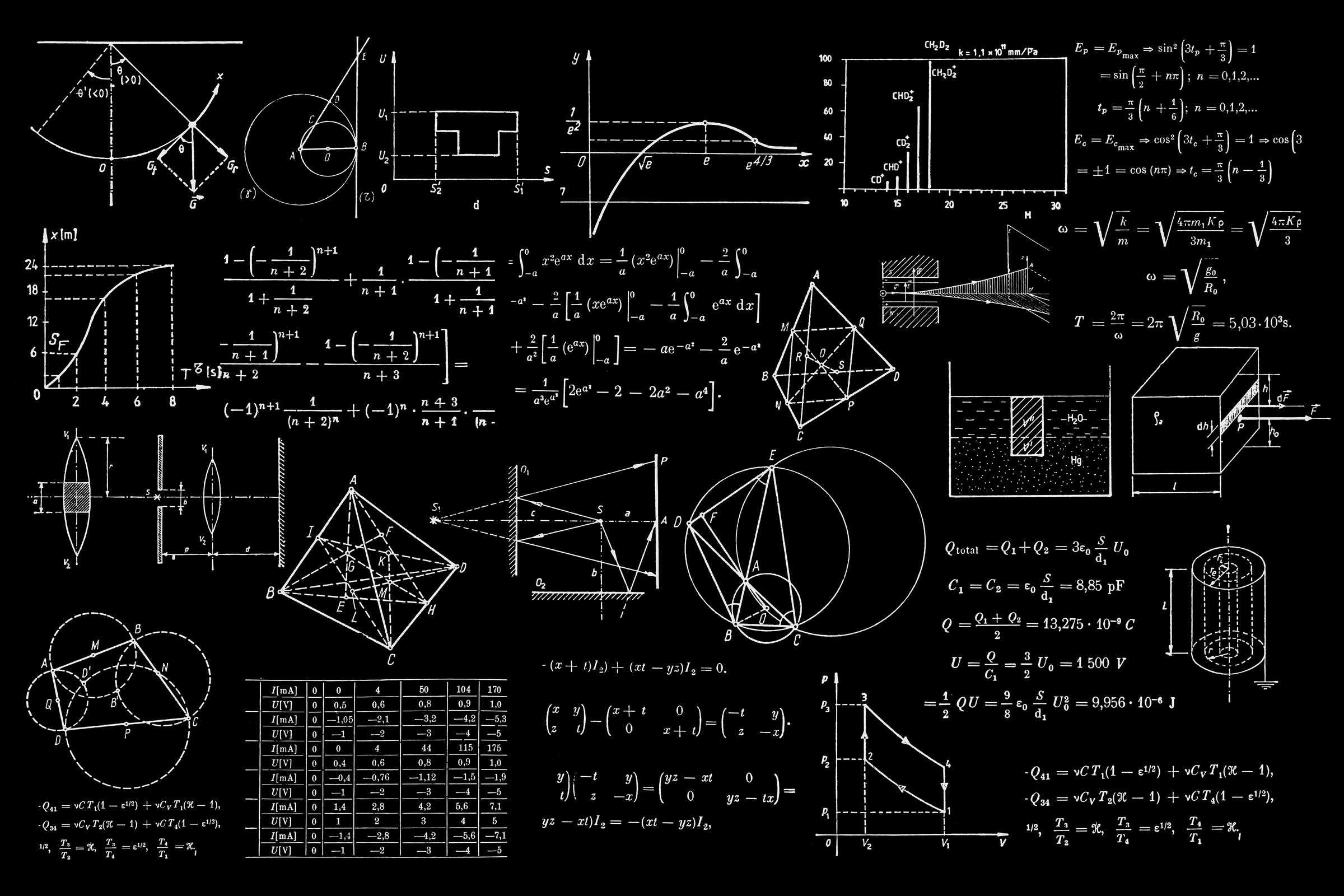Specialist Mathematics

Purpose and Structure
Specialist Mathematics will provide students with access to rigorous, demanding, higher level mathematics. Students can only take this course in conjunction with Mathematical Methods. Units 1 and 2 will also provide extra preparation for students who wish to be highly prepared for Mathematical Methods Units 3 and 4.
Units 1 and 2: Specialist Mathematics
The areas of study covered in Specialist Mathematics 1 and 2 are: ‘Algebra, number and structure’, ‘Arithmetic and number’, ‘Discrete mathematics’, ‘Space and measurement’, ‘Functions, relations and graphs’ and ‘Data analysis, probability and statistics’.
The award of satisfactory completion for a unit is based on a decision that the student has demonstrated achievement of the set of outcomes specified for the unit.
The outcomes of this course are as follows. On completion of these units the student should be able to:
• Define key concepts, in relation to the topics and apply a range of related mathematical routines and procedures
• Apply mathematical processes in non-routine contexts, analyse and discuss these applications of mathematics in at least three of the areas of study
• Use technology to produce results and carry out analysis in situations requiring problem solving, modelling or investigative techniques or approaches in all areas of study.
Units 3 and 4: Specialist Mathematics
Specialist Mathematics consists of the following areas of study: ‘Functions, relations and graphs’, ‘Algebra, number and structure’, ‘Calculus’, ‘Space and Measurement’, ‘Discrete mathematics’ and ‘Data analysis, probability and statistics’. The development of the course content highlights mathematical structure and proof. All this material is covered in a progression from Unit 3 to Unit 4.
The outcomes of this course are as follows. On completion of these units the student should be able to:
• Define and explain key concepts, in relation to the topics and apply a range of related mathematical routines and procedures • Apply mathematical processes in non-routine contexts, including situations with some open-ended aspects requiring investigative, modelling or problem-solving techniques or approaches, and analyse and discuss these applications of mathematics.
• Use technology to develop mathematical ideas, produce results and carry out analysis in situations requiring problem solving, modelling or investigative techniques.
